Calcium Supplements To Keep You Living Longer
Some people have been told that supplementing with calcium can help improve their health and may even prolong their life. But with eight different types of calcium to choose from, it can be hard to know which one is best. As the typical American diet is lacking in calcium, supplementing is a good way to prevent disruption of calcium’s many intercellular communication roles and offset the development of joint and bone-related disease such as osteoporosis. Here is a list of the eight different types of calcium and which is best to supplement with.
Calcium Citrate Malate
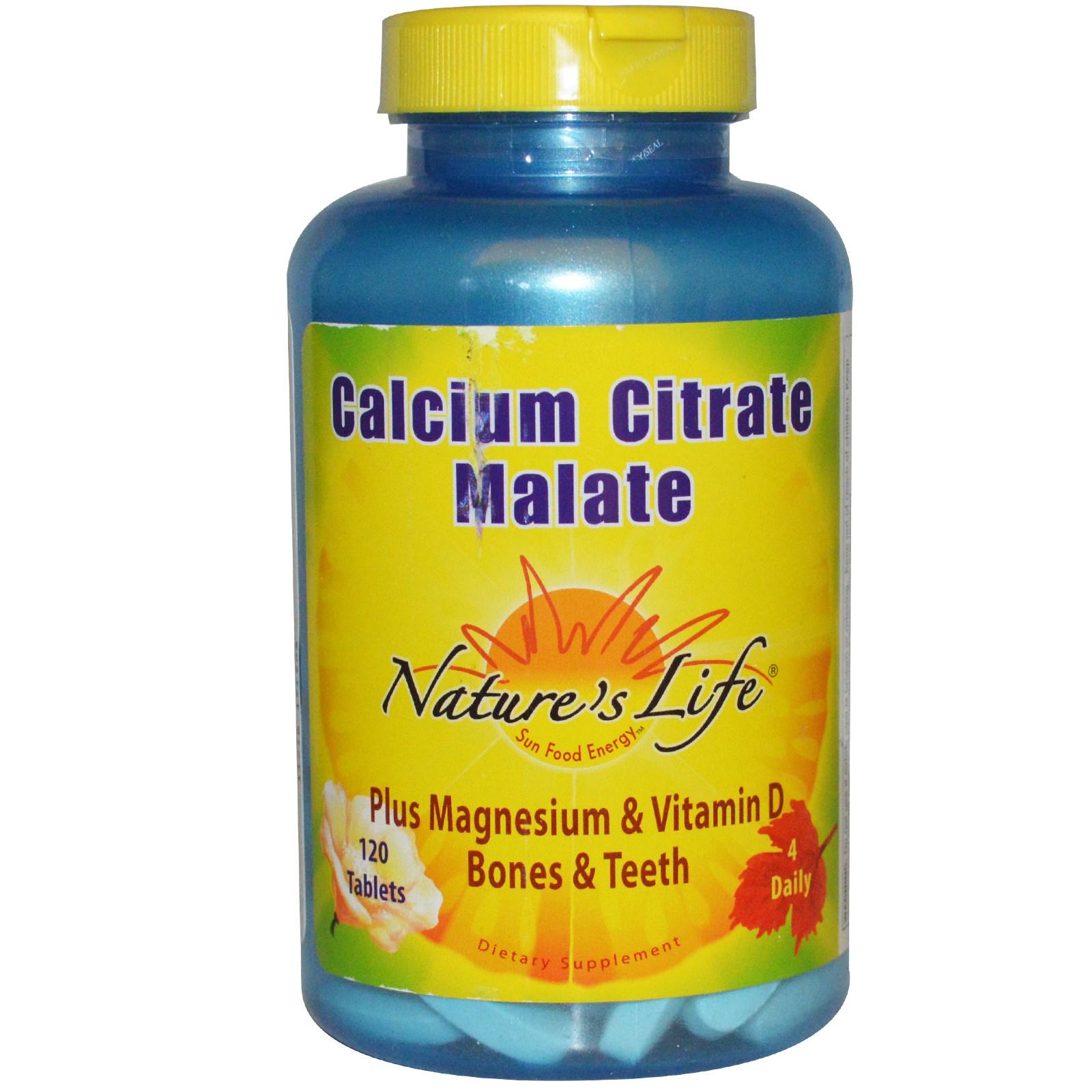
According to a 2008 study, calcium citrate malate plays several important roles during various life stages. It has been shown to promote calcium bone levels in children and adolescents and effectively promotes the maintenance of bone mass in adults. When taken with vitamin D, calcium citrate malate decreases the risk of bone fracture risk in elderly adults, slows the rate of bone loss, and is beneficial to postmenopausal women with an increased risk of low bone density. Unlike other forms of calcium, calcium citrate malate does not need to be taken with a meal to be properly absorbed, and it may benefit people of all ages.
Calcium Phosphate
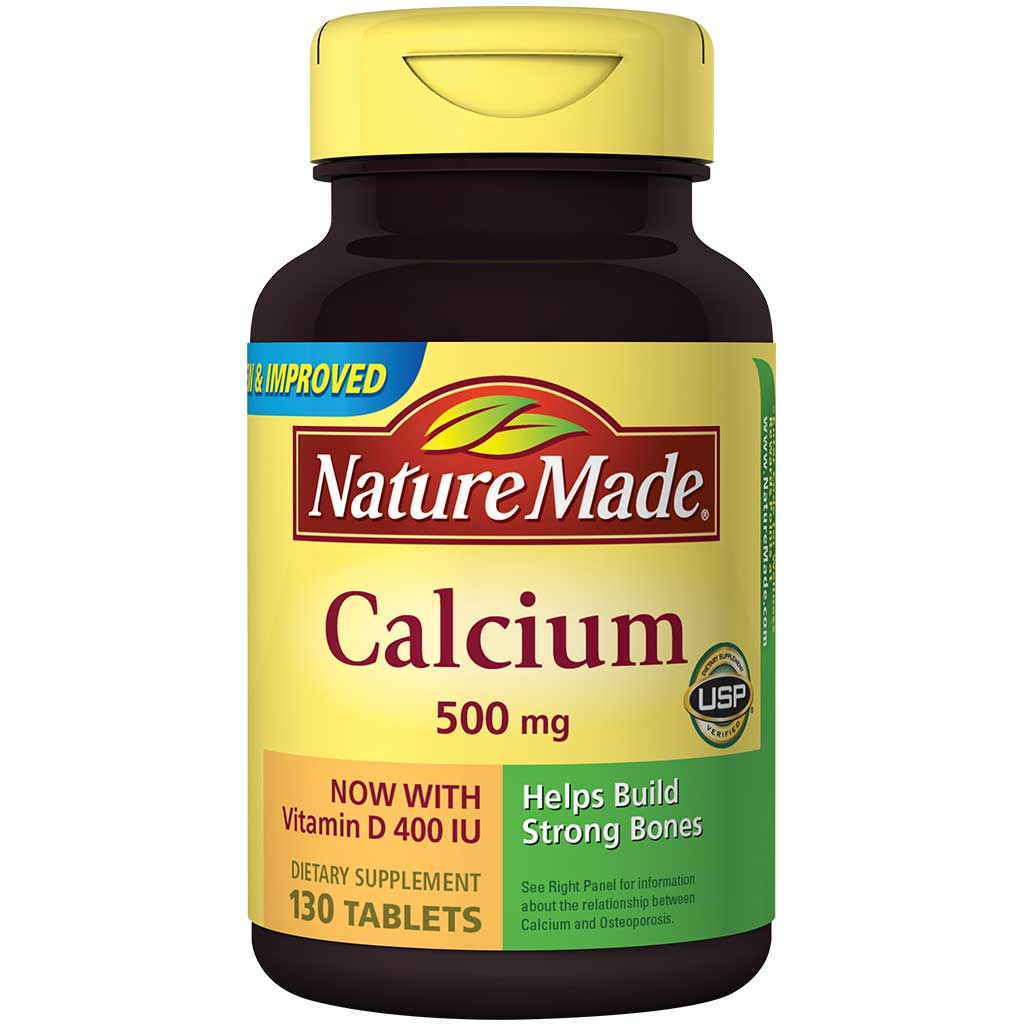
Calcium phosphate is the primary form of calcium that is derived from cow’s milk. It is found in high concentrations in bones and teeth enamel. Calcium phosphate is a combination of calcium and phosphorus. It contains a lower amount of elemental calcium than other forms, including calcium carbonate and citrate. However, according to a 2010 study published in the American Journal of Clinical Nutrition, tricalcium phosphate, a form of calcium phosphate, has been shown to have the same amount of elemental calcium as calcium carbonate.
Calcium Lactate
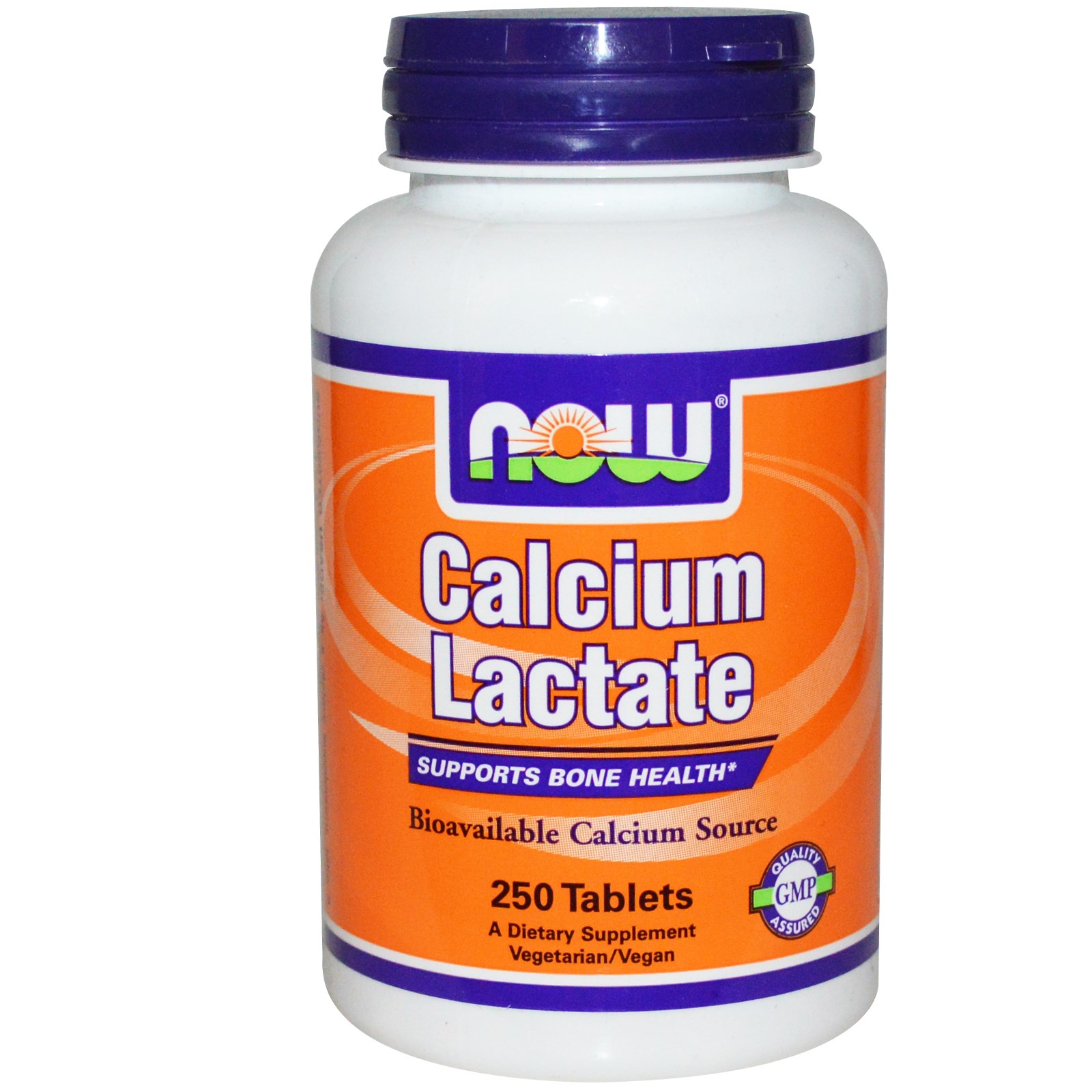
Calcium lactate is a form of calcium found in foods including baking powder and aged cheese. It is made by mixing calcium carbonate or calcium hydroxide with lactic acid. Because the body can absorb it at various pH levels and it has a medium to high level of bioavailability, it is a preferred calcium supplement. According to researchers at the Mayo Clinic, calcium lactate contains thirteen percent elemental calcium, which is right in the medium area. Although other forms of calcium may be higher, calcium lactate is a reasonably affordable recommended calcium supplement.
Calcium Gluconate
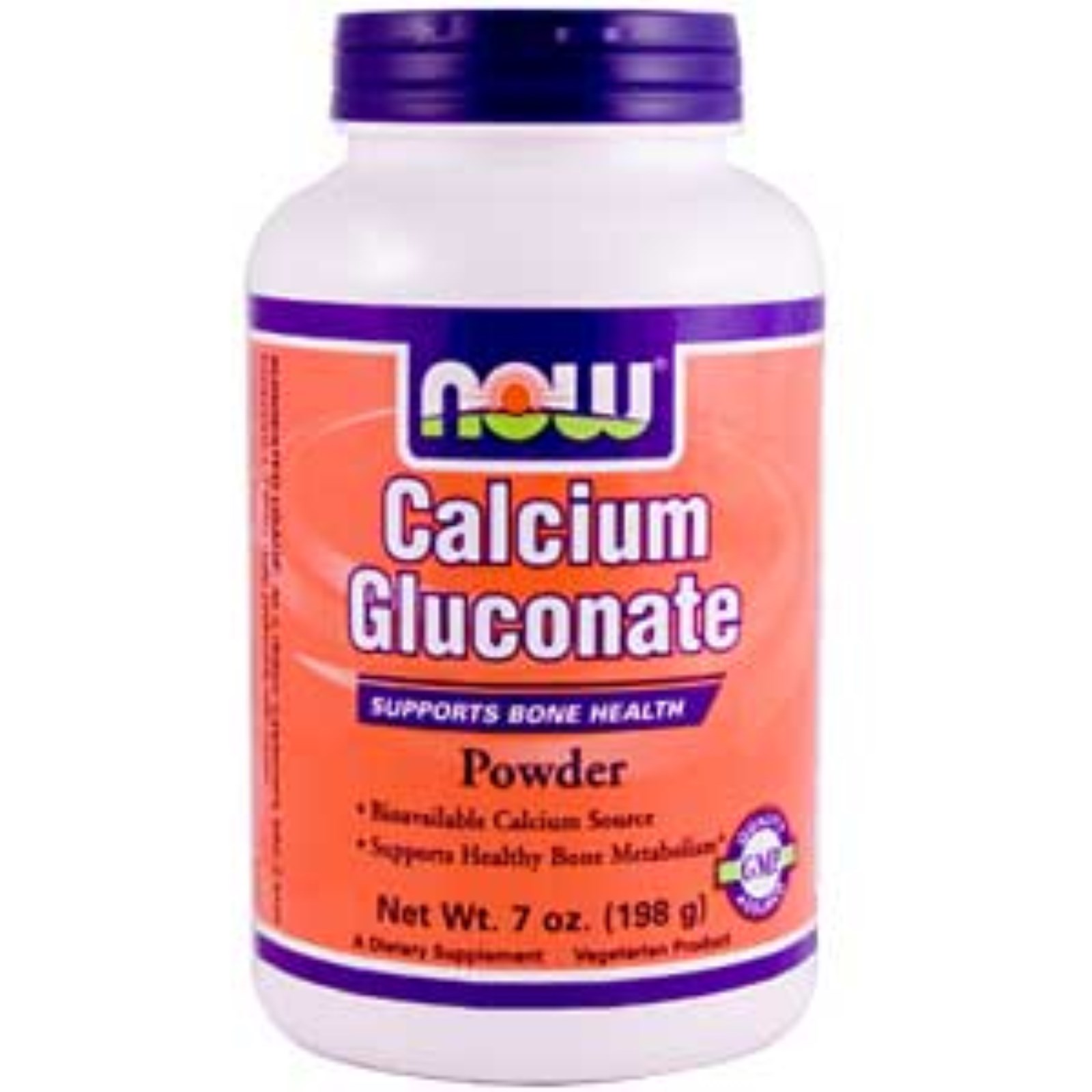
Calcium gluconate is a form of calcium that has low concentration levels of calcium that are around nine percent elemental calcium. The Global Healing Center backs these claims by stating that a person would have to take quite a bit of calcium gluconate to reach recommended levels. According to a 2010 study, calcium gluconate’s bioavailability was on the lower end of four other tested calcium forms. Of the four calcium supplement forms tested, the study did not recommend taking calcium gluconate over other forms.
Oyster Shell Calcium
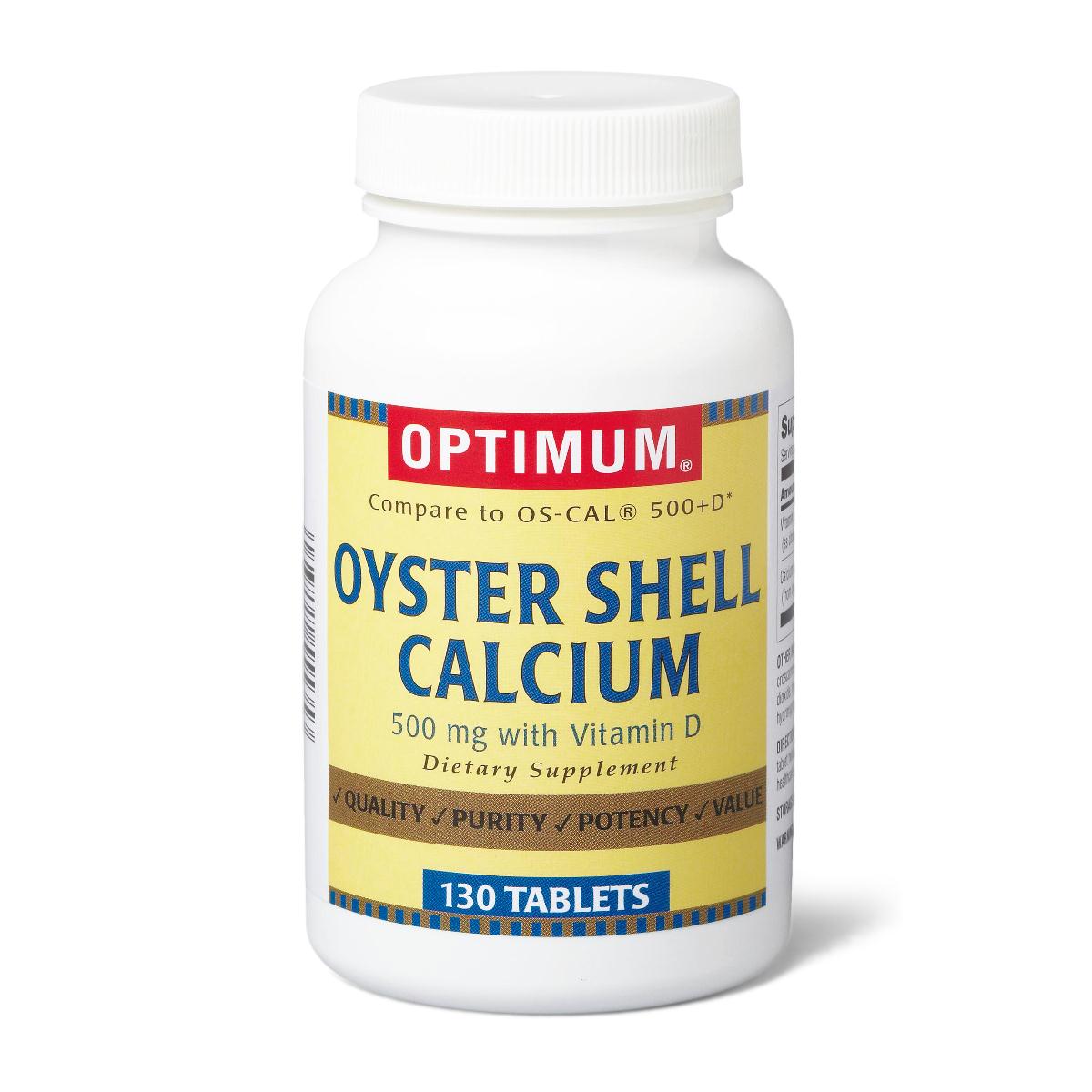
Oyster shell calcium is often advertised as a more natural form of calcium with a higher absorbable content of calcium. However, oyster shell calcium is difficult to have quality control over, and many supplements may contain high levels of lead toxins, which are extremely dangerous especially to children. Long-term exposure to lead may result in problems with the nervous and reproductive systems, the kidneys, and the liver. It can also cause permanent brain problems. The Global Healing Center recommends avoiding this type of calcium.
Calcium Citrate
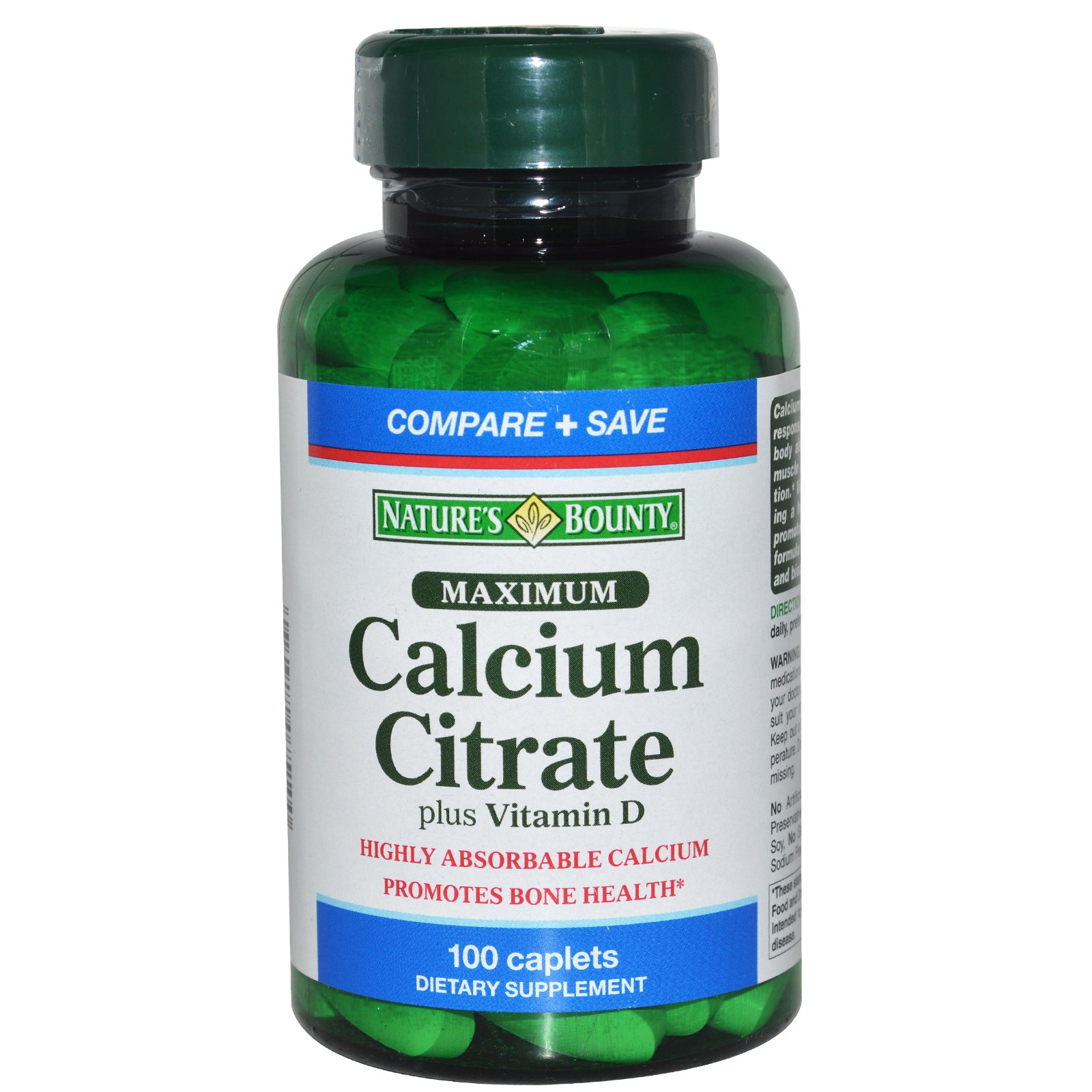
Contrary to most forms of calcium, calcium citrate has an acidic base, which means it is better absorbed into the digestive tract because it requires less production of natural stomach acids. It contains approximately twenty percent of elemental calcium. According to the New York State Department of Health, calcium citrate is the only form of calcium that does not require stomach acid to metabolize it and t can be taken with or without food. Calcium citrate is recommended for people with low levels of dietary calcium who take acid-blocking medications.
Calcium Carbonate
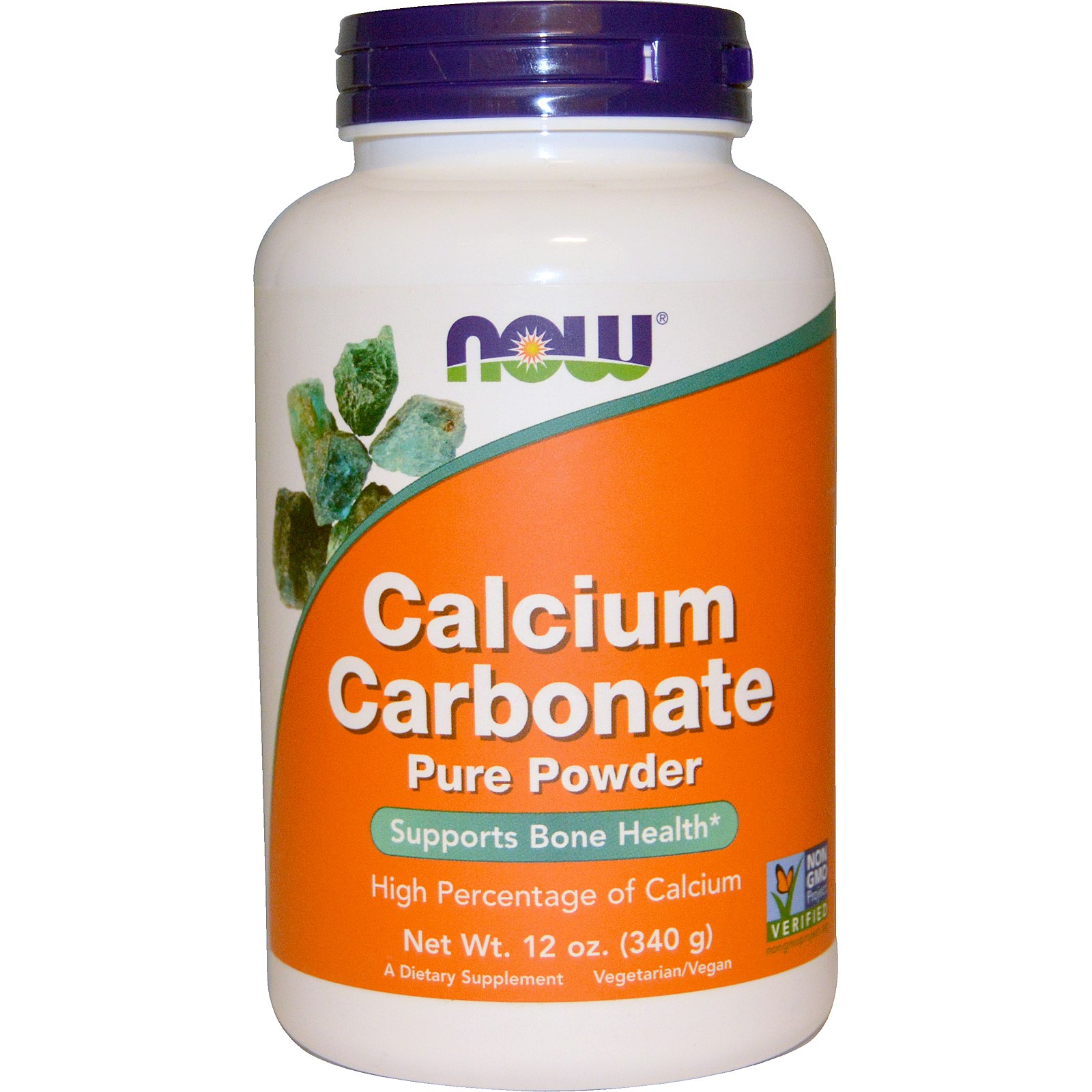
Calcium carbonate is a popular form of calcium found in many supplements. It is an alkaline mineral composed of up to forty percent elemental calcium, which is one of the highest sources. However, calcium carbonate is not easily absorbed into the digestive tract as it requires the production of extra stomach acid. Calcium carbonate can be found in limestone, rock, and shells of pearls, marine animals, eggshells, and snails. As one of the cheapest and most prevalent forms of calcium supplements on the market, avoid this form by checking product labels.
Calcium Orotate
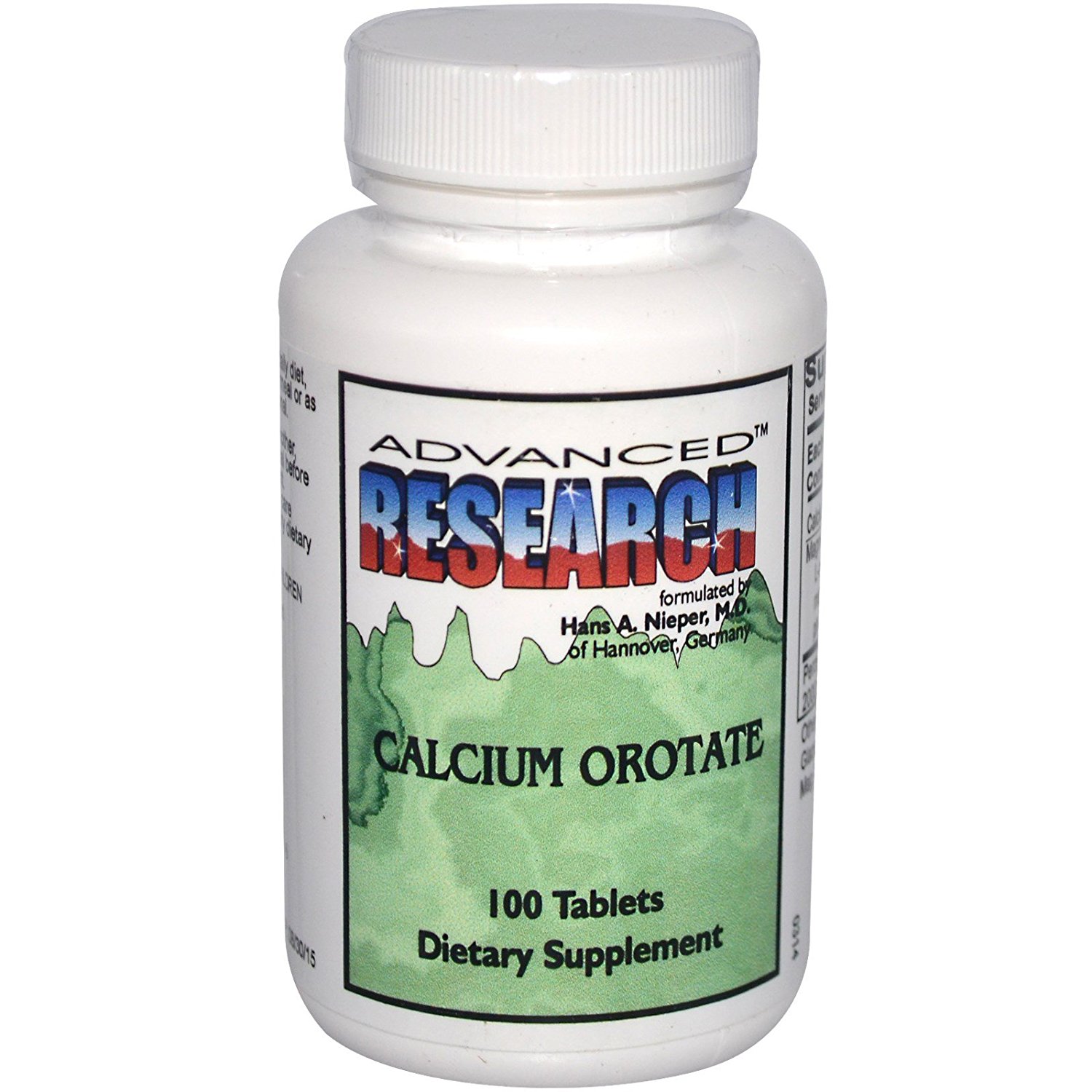
Calcium orotate is the most effective calcium supplement, according to the Global Healing Center. It is present in all living things in small amounts only. Calcium orotate is the primary mineral for creating teeth and bones, and it assists with intracellular communication. Both animals and plants use orotic acid to create RNA and DNA. Research shows that it can also penetrate through cell membranes to efficiently deliver the calcium to the innermost layers of the cell, including the nucleus and mitochondria. Calcium orotate supplements can be used to prevent osteoporosis, reduce spinal pain, maintain teeth and bone health, decrease insomnia, metabolize iron, and promote mental alertness.